
Culture
22:49, 07-Dec-2017
Coffee or Tea, who wins the crown of China's favorite drink
By Yang Meng
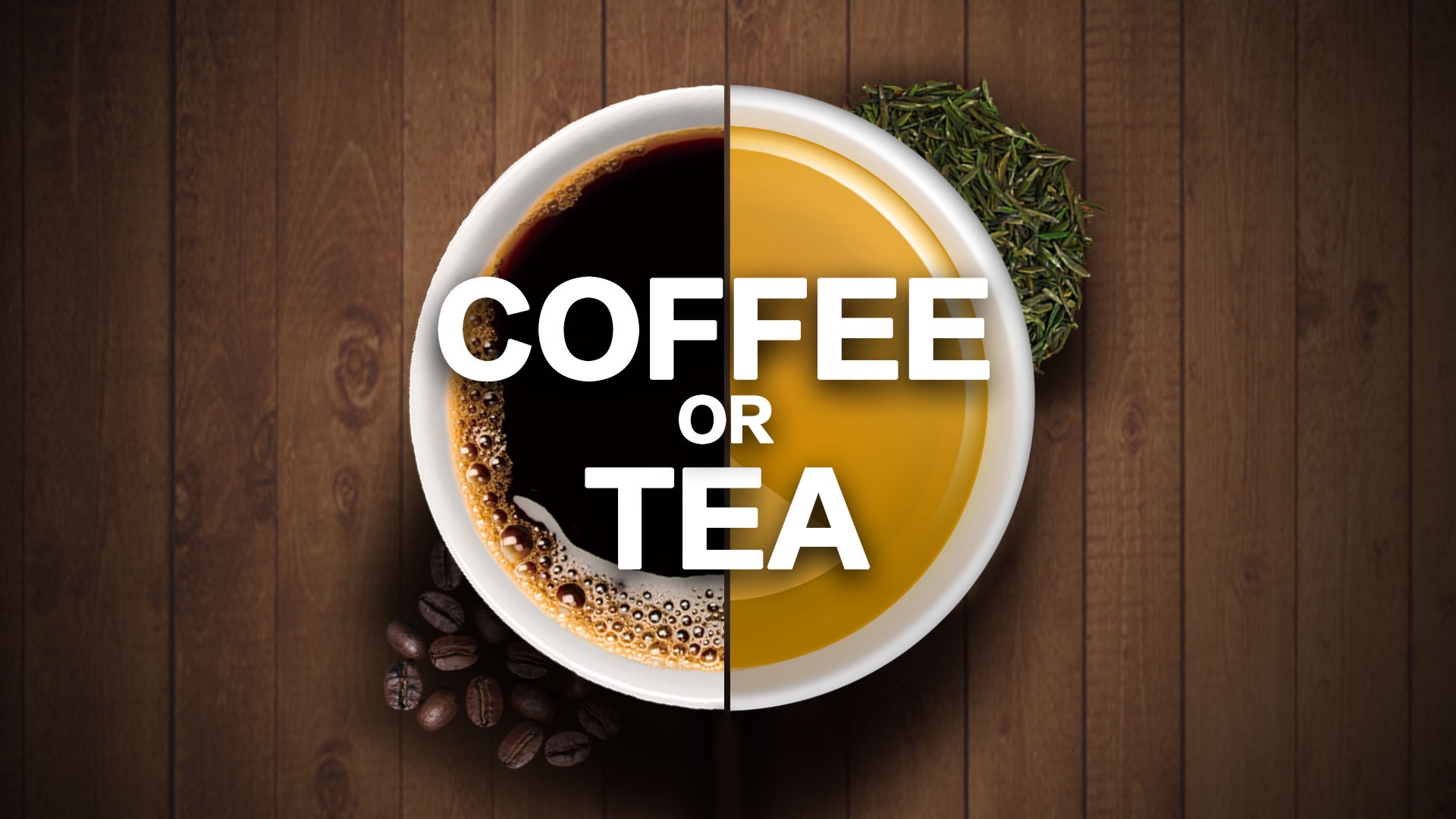
News about the omnipresence coffee giant Starbucks is once again a popular search on the internet, and there are people who think that coffee is now surpassing tea as the most popular drink in China. But, is that really so?
Starbucks opened its biggest cafe in the world in Shanghai this Wednesday. This particular type of cafe is the only one on Earth beside for the original in Seattle, but the proportion is twice the size.
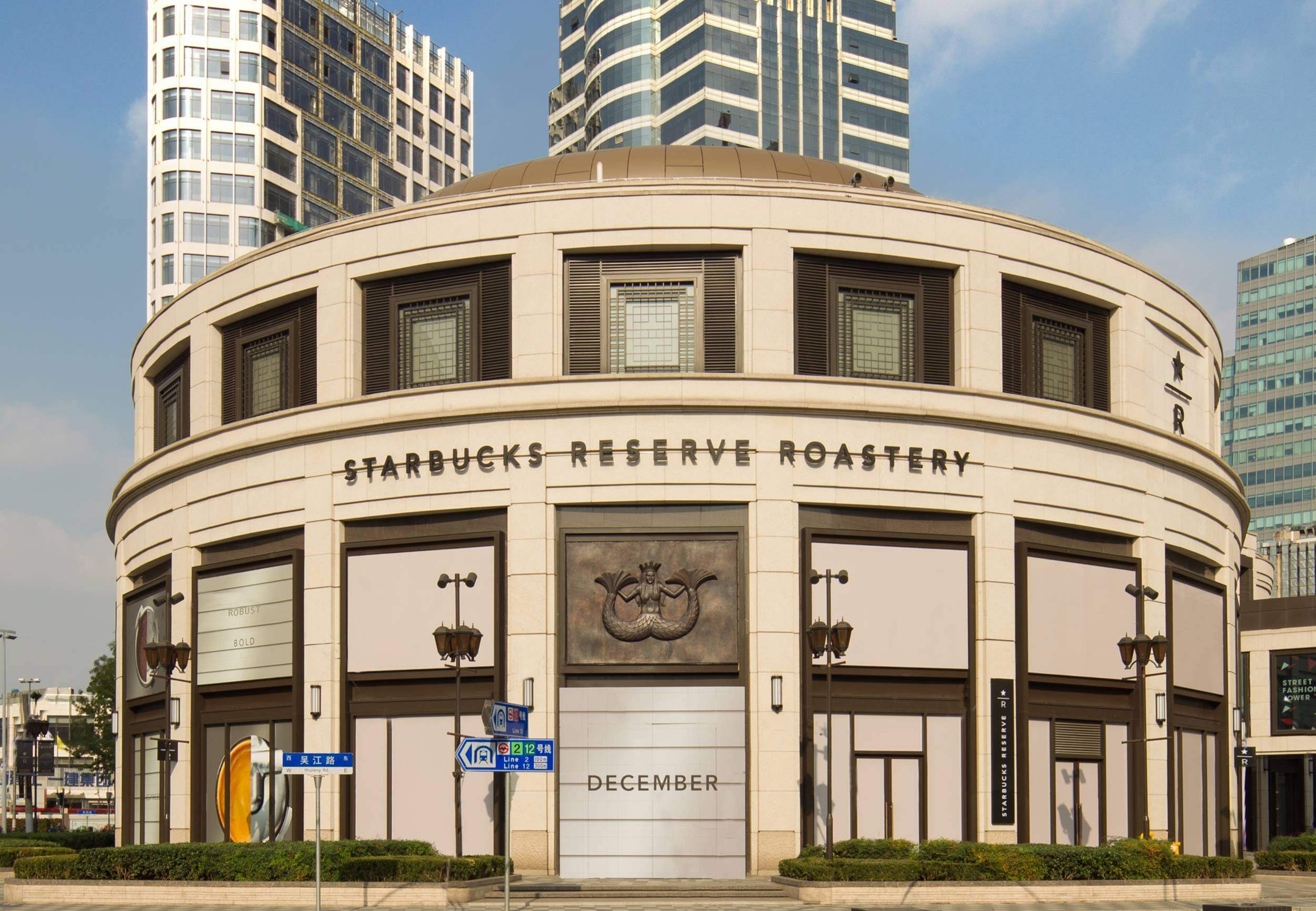
The Starbucks Reserve Roastery in Shanghai. /Sohu Photo
The Starbucks Reserve Roastery in Shanghai. /Sohu Photo
The huge cafe shop is 30,000 sq ft and called the Starbucks Reserve Roastery, and is located at one of the most bustling CBD areas in Shanghai: Nanjing Road W.
The coffee giant said this Roastery will not only give customers the usual great coffee, but also give them the full experience of how the magical coffee beans get roasted to become those wonderful drops that make up your favorite drinks. It is like the Willy Wonka factory for coffee lovers.
Starbucks have done a lot more than just open this Roastery in China. According to CNN, China is a vital market. The company is expanding aggressively, and opening a new store every 15 hours on average in China.
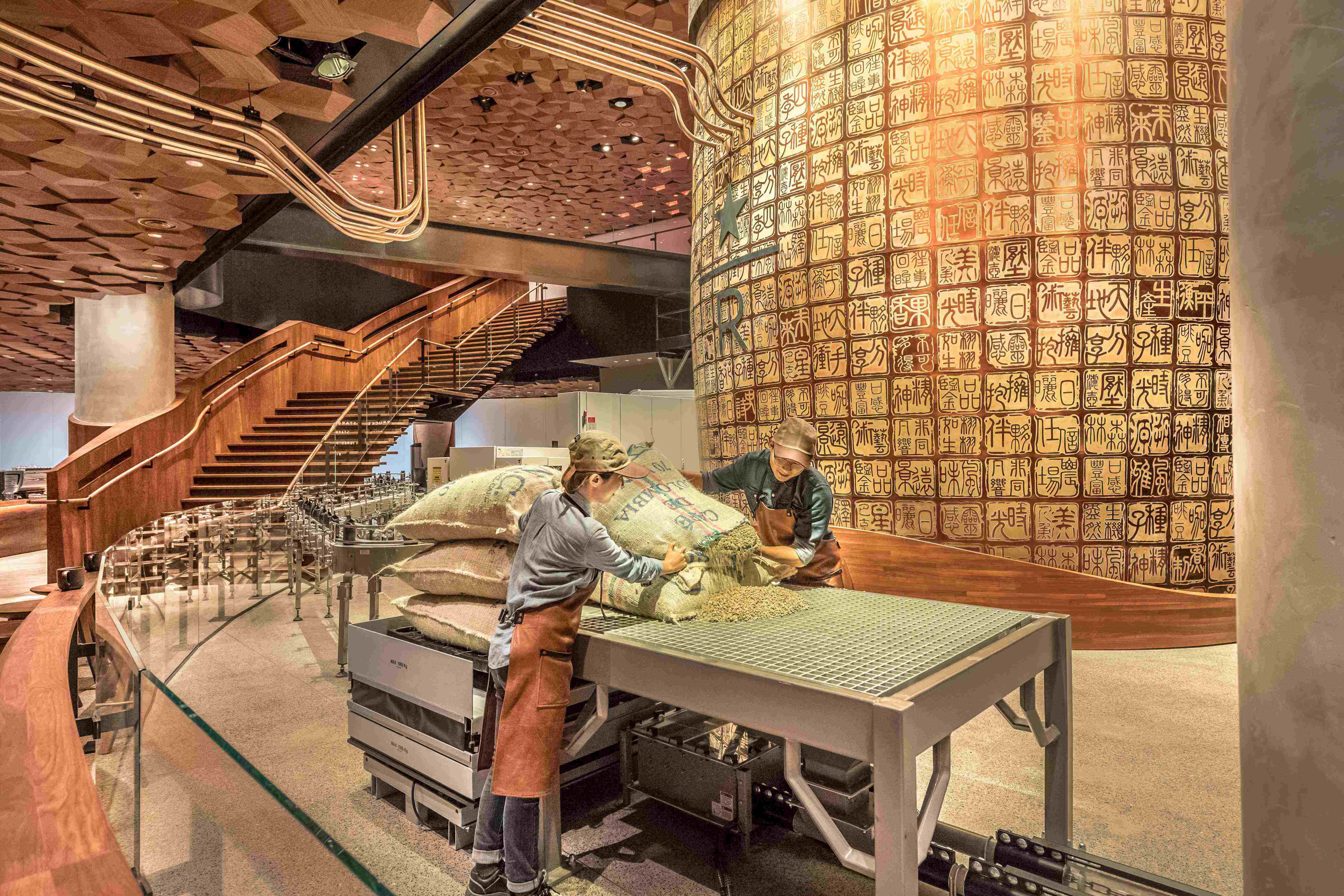
The demonstration of coffee roasting. /Sohu Photo
The demonstration of coffee roasting. /Sohu Photo
This latest Starbucks opening made us think that coffee must now really be the most popular drink in China. It surely is popular, but as China is increasingly drinking coffee, does that mean coffee will replace tea as the country’s number one drink?
China has very rich and glamorous tea culture; it is one of the most important parts of Chinese tradition. A small cup of tea contains the spirit and wisdom of the Chinese people, and it seems like the most enjoyable thing is to drink a cup of tea on a quiet day that is full of “Zen” spirit.
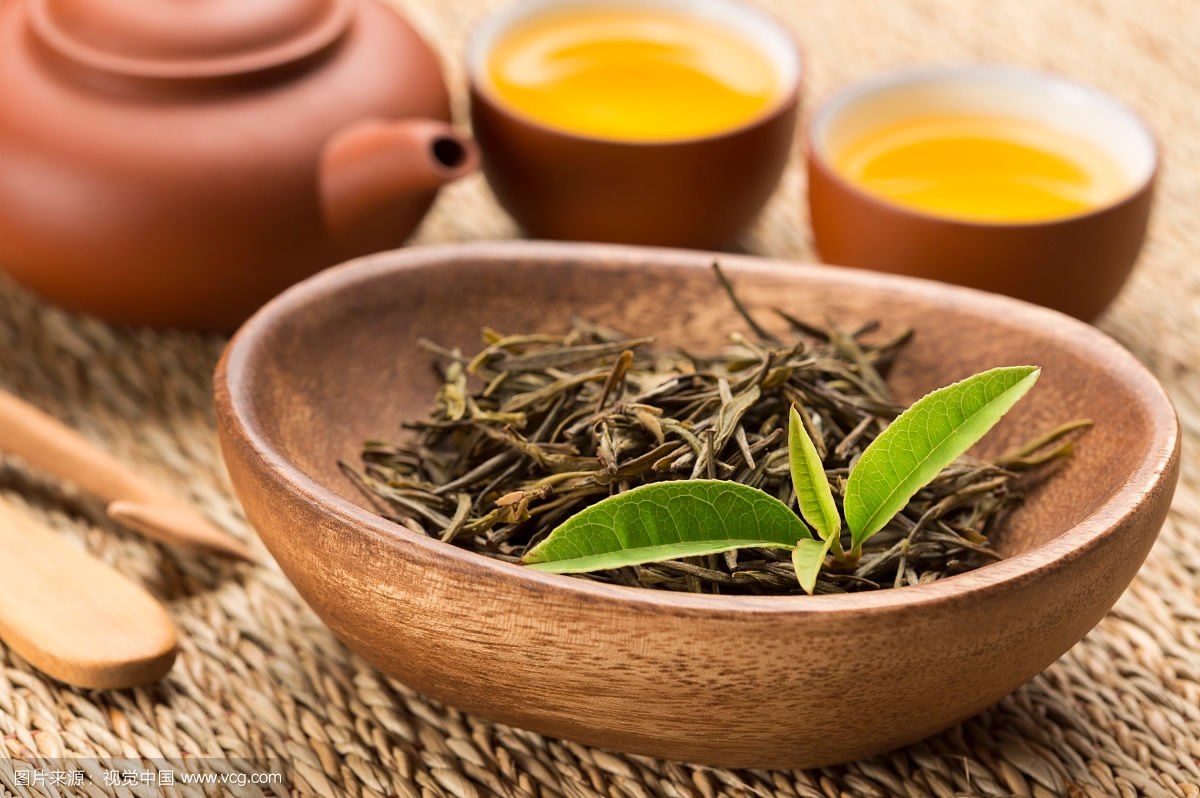
VCG Photo
VCG Photo
Just like coffee, tea grown in different areas have different flavors, some of them need to be drunk with small and delicate tea cups, and some can be drunk from a big bowl.
Some people believe tea needs to be drunk quietly, so many of the tea shops are located in a corner of a Hutong, providing customers with a very quiet and comfortable environment- but the fast-pace of life sometimes doesn’t allow that. So there are tea shop owners who, just as Starbucks does, locate their shops in the downtown area in order to provide for quick service customers.
Take Heytea for example. It's one of the most highly rated tea shops and it has now opened several new outlets in the business areas of big cities like Beijing. Waiting in lines for longer one hour for their tea is a common occurrence.
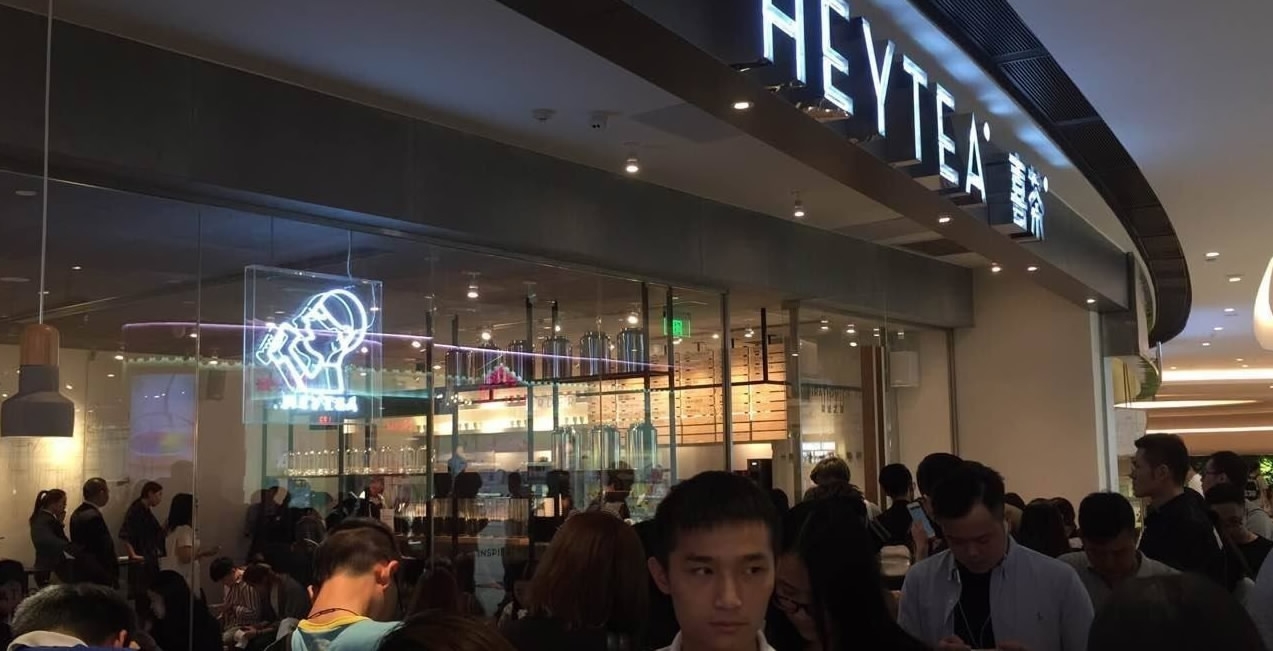
Lines in front of a Heytea shop. /CGTN Photo
Lines in front of a Heytea shop. /CGTN Photo
This new star was just a small tea shop located in small lane in a small city of Guangdong Province in 2012. But in only 5 years, it has expanded 83 stores over China.
There are countless other tea shops and tea houses all over the country, and that's without mentioning that almost every family in China drinks tea at home.
China's consumption of tea is immeasurable. According to a research of USC US-China Institute, in China, the average person consumes 400 cups of tea per year. So it is unlikely that coffee can replace tea as the country’s main drink any time soon.
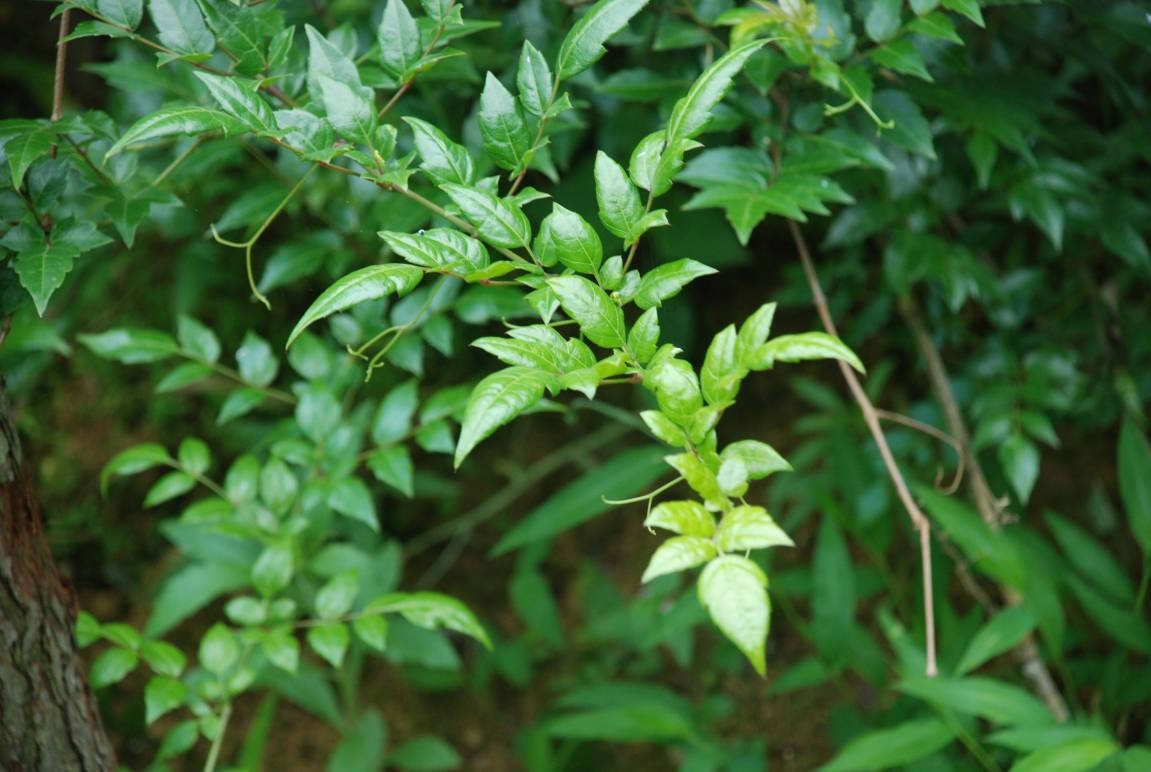
Tea trees in China. /Chinadaily Photo
Tea trees in China. /Chinadaily Photo
And, according to analysis of China’s coffee market by the SPR Coffee, Chinese people consume 5 cups of coffee per year, ranking 12th in a list of coffee consuming countries, one place after South Korea. But the analysis also claimed that China’s coffee market contains boundless potential.
Actually as two different types of drink with different cultural backgrounds, coffee and tea are both irreplaceable.
The expanding coffee shops are not there to replace tea, but to provide people with another choice that they can use to enjoy life.

SITEMAP
Copyright © 2018 CGTN. Beijing ICP prepared NO.16065310-3
Copyright © 2018 CGTN. Beijing ICP prepared NO.16065310-3